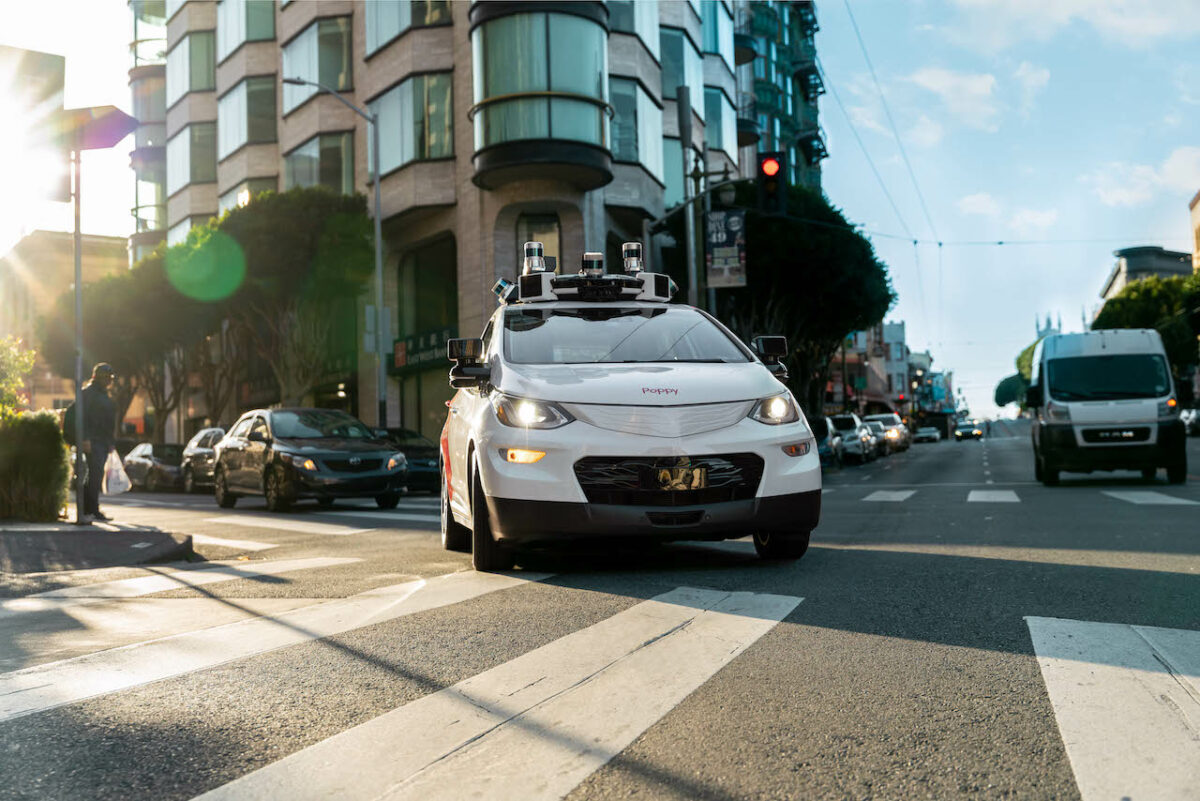Today’s high tech industry has become heavily ‘consumerised’. In the past, high tech manufacturers would release numerous products to market with a perception that they knew what consumers wanted and so were able to drive the pace of technology change.
Now things have changed: consumers are hungry for the next big technological development and as a result, product release cycles have become much shorter over time. Today’s consumer electronic devices have a very short life span and many would consider some products as being out of date after only two years. Take Apple’s first-generation iPad: iOS6, Apple’s latest operating system, is unable to run on this version of the iPad, thus pushing the device into obsolescence. However, Apple believes consumers do not mind, and are eager to upgrade to the latest version of the iPad.
[quote align=”center” color=”#999999″]For years, automotive companies have focused on ‘build to stock’ production, i.e. manufacturing cars in an almost continuous fashion. Once they leave the production line, cars built in this way will often end up in a storage compound in the hope that someone somewhere will want to buy them
Built-in obsolescence has become a smart way to force consumers onto the latest platform. It is no surprise that companies like Apple and Dell operate the most efficient supply chains in the world, thanks to the way in which they allow consumers to configure and customise their products online. Can any lessons be learnt here by the automotive industry? Is there any evidence to suggest that consumerisation is starting to impact the automotive industry?
For years, automotive companies have focused on ‘build to stock’ production, i.e. manufacturing cars in an almost continuous fashion. Once they leave the production line, cars built in this way will often end up in a storage compound in the hope that someone somewhere will want to buy them. On the other hand, many of the premium brands, such as BMW, Audi and Mercedes-Benz, use ‘build to order’ production as a way of reducing inventory levels and hence taking significant cost out of their business. More importantly, this enables car buyers to specify the exact vehicle they want before it is produced, giving those brands better visibility of required components and likely expenditure on sourcing components to manufacture their cars.
[quote align=”center” color=”#999999″]The recent economic downturn has seen high volume vehicle manufacturers look for ways to reduce their inventory levels. Nearly every car manufacturer offers consumers a way to build their exact car specification online
The Internet has transformed the car buying process, and build to order production is no longer the preserve of the premium OEMs. The recent economic downturn has seen high volume vehicle manufacturers look for ways to reduce their inventory levels. Nearly every car manufacturer offers consumers a way to build their exact car specification online. This can form the basis of a car order which is then submitted to the factory for build. The consumer has been able to choose the body colour, type of wheels, in-car entertainment system and more, and this selection process has allowed many manufacturers to improve their component ordering process and provide a more tailored service to their customers.
Consumers expecting to be able to connect their mobile devices to in-car entertainment and communication systems may need to download apps or simply have access to the Internet. Car manufacturers are now falling over themselves to meet these demands, and the age of the connected car is here.
Consumers have changed the way in which car manufacturers build their cars, with greater emphasis on build to order versus build to stock, reduced inventory levels, greater customer satisfaction and, more importantly, greater customer loyalty that will hopefully lead to repeat sales in the future. The consumerisation of the automotive industry is very much fact, not fiction.
The opinions expressed here are those of the author and do not necessarily reflect the positions of Automotive World Ltd.
Mark Morley is Automotive Director at GXS
The AutomotiveWorld.com Comment column is open to automotive industry decision makers and influencers. If you would like to contribute a Comment article, please contact editorial@automotiveworld.com



